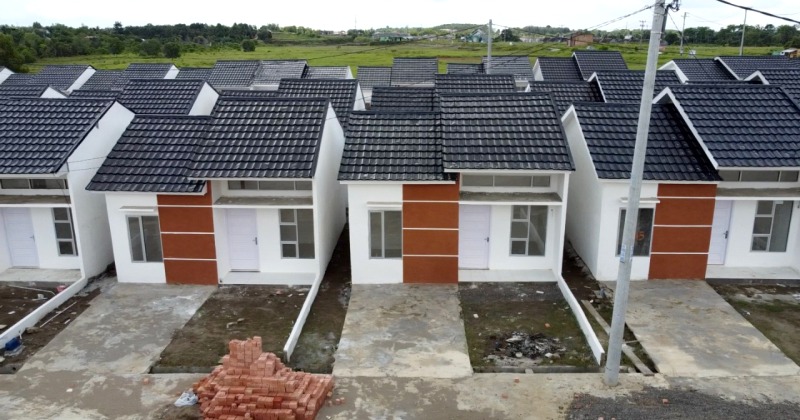The Tapera (Public Housing Savings) contribution policy is currently a hot topic of discussion in society.
Tapera is an abbreviation for Public Housing Savings. Tapera is a government programme designed to help people, especially workers, own a home.
According to the official Tapera website, this contribution aims to collect and provide low-cost, long-term sustainable funds for housing financing to meet the need for decent and affordable housing for participants
This programme is based on Law Number 4 of 2016 concerning Public Housing Savings and is further regulated in Government Regulation Number 21 of 2024.
Furthermore, the Tapera programme also has another legal basis, namely Law Number 1 of 2011 concerning Housing & Settlement Areas, Law Number 4 of 2016 concerning Public Housing Savings, and Government Regulation Number 25 of 2020 concerning the Implementation of Tapera.
According to the regulations, Tapera savings for participants who are employed or self-employed amount to 3 percent of their total salary or wages. All private sector employees, including foreigners, with an income equal to or higher than the minimum wage are required to participate in Tapera.
For participants who work for a company, this contribution is divided between the employer at 0.5 percent and the participant at 2.5 percent. Employers are mandated to enrol their workers in Tapera by 2027 at the latest. However, self-employed participants, are responsible for all savings of 3 percent.
The government claims this mandatory contribution will provide many benefits. Tapera can be used to finance housing for participants, such as purchasing a new home, building a house, and repairing a house.
The Director General of Infrastructure Financing at the Ministry of Public Works and Public Housing, Eko Djoeli Heripoerwanto, said that public housing procurement cannot only rely on the APBN (State Revenue and Expenditure Budget).
“The APBN is limited, but Tapera is a form of cooperation through mandatory savings. This cooperation means that only certain communities, not all participants, can benefit,” explained Heripoerwanto
However, Tapera funds cannot be used haphazardly for housing purchases. They can only be used under the condition that it is for the purchase of a first home, and this benefit is provided only once. Additionally, there is a specific value limit for each house purchase.
Apart from that, Tapera funds can be disbursed. According to Government Regulation Number 21 of 2024, it is explained that the collected contributions can be disbursed when Tapera membership ends.
Based on Government Regulation Article 23, four conditions cause Tapera membership to end, namely:
- Workers have retired;
- Have reached the age of 58 years for Independent Workers;
- Participant dies; or
- Participants no longer meet the criteria as participants for five consecutive years.




